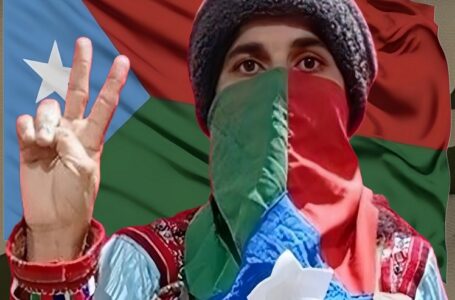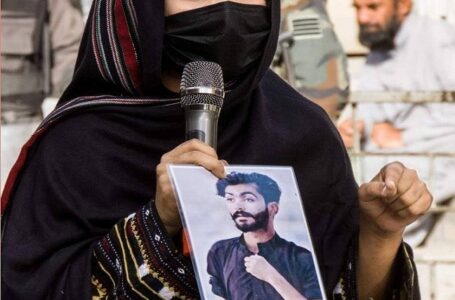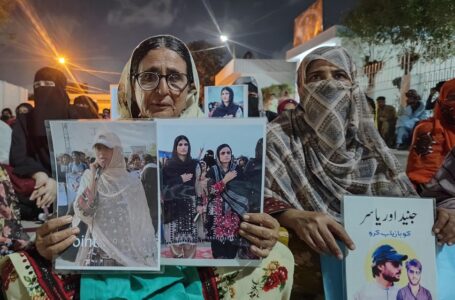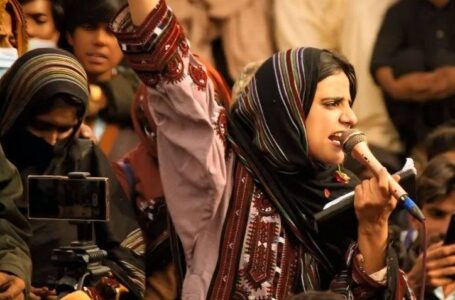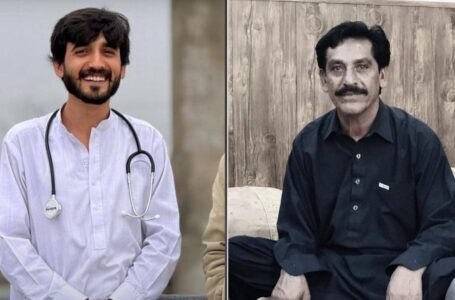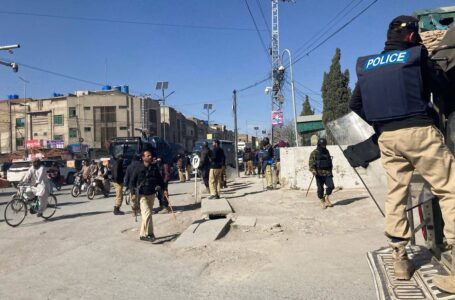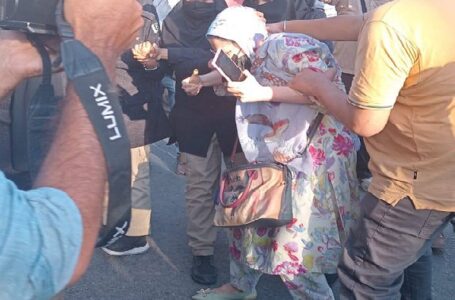BLA Honours its Watan Nadrig for Courageous Attack on FC Convoy in Kalat
Dannuk incident: A little hissing voice
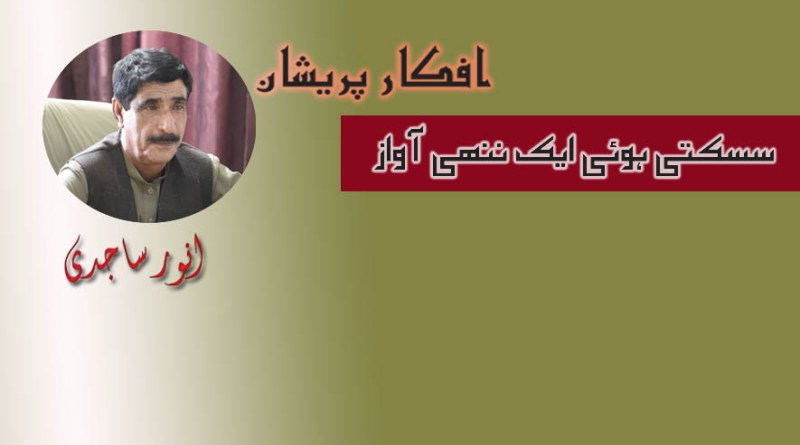
Photo: Daily Intekhab
Anwar Sajidi
There are currently two movements against oppression and injustice in the world. The angry riots and burnings in the United States can be called the Civil Liberties Movement. Last week, a black man was brutally killed by white police officers that triggered the riots and protests. All major cities are still engulfed in violence and siege. The second agitation is taking place against the Kech [Balochistan] incident. The nature of the two incidents is almost the same. The United States and Dannuk are worlds apart but both are cases of racial discrimination.
Slavery in the world was officially abolished in the 20th century, Unfortunately, regular slavery has been replaced by a system that is the worst, even worse because it allows states to exclude a portion of the population by brainwashing and making them feel inferior for protecting their [state’s] interests. These modern slaves are repeatedly told that they are third-class citizens and are constantly urged to live a committed life by acknowledging their inferiority.
The British introduced a horrible form of slavery to the subcontinent. Imagine that 8000 whites made 100 million people believe that they are slaves and obeying their master’s orders is their first duty. This tiny minority also recruited thousands of Indians in their army and used them to fight on different fronts of the world during the First and Second World Wars. These slaves strictly adhered to the rules and discipline laid down by the British, a great example of which was the war against the Ottoman Empire in the Holy Hijjaz during the First World War during which Indian soldiers did not hesitate to shoot at the Khana-e-Kaaba (House of God) and the Holy Shrine of the Holy Prophet as they were under British command. Another example is 1948 when Indian troops opened fire at Qibla-e-Awal Al-Aqsa Mosque (First Qibla), as a result of this war the British established the state of Israel.
The British wrote that we used to make laws for our own interests and under this, we used to punish those who protested or challenged slavery saying that they have violated the law. In the fifteenth, sixteenth and seventeenth centuries, the British executed millions of natives of the Americas, the Indians, under these so-called laws because they did not want to hand over their land to foreign occupiers. During the British rule in India, the natives became either petty employees or the system produced traitors like Mir Jaffar and Mir Sadiq.
When European settlers completed their occupation of the world’s largest landmass, the United States, they required African slaves as labours to work for free in their homes, offices and factories. So, the biggest business of the sixteenth century was the slave trade. The United States developed and became the largest developed country in the world. Slavery persisted until 1968, despite Abraham Lincoln’s law. The final termination order was signed by President Nixon.
Slavery in the United States was challenged by a woman who imitated Mahatma Gandhi. Gandhi lived in South Africa who had studied law in England and become a Barrister. He took a first-class train ticket and sat in a first-class coach when the while officers came up to him and told him that this class was reserved for whites only. Gandhi rationalised and argument with them but the picked slim Gandhi and threw him out of the first-class coach. This incident shook his heart and mind badly and he started a movement against slavery in South Africa.
Afterwards, he thought that the real place of struggle against slavery was India which was his homeland so he went back to India and started this unique movement which reached its logical conclusion in 1947 but despite freedom even today the untouchable Harijans and Muslims are slaves of upper castes of India.
Unfortunately, the idea of white supremacy has returned to the United States because of an ignorant person like President Trump, even though the United States can no longer afford it since Martin Luther King Jr. launched a movement for civil liberties and against slavery. Not only his movement changed America but its effects were felt around the world. In the 1960s, a black woman was taken off a bus saying that only whites could sit on the seats. After this incident, the black population followed in Gandhi’s footsteps and started a civil disobedience movement. When the movement was booming, Martin Luther King gave his famous speech – “I have a dream”.
The post-independence situation in India aside, but even in Pakistan, there is a lack of fundamental rights, civil liberties and the principle of equal treatment of all citizens of the country or equal citizenship. In Pakistan differences of opinion are interpreted as opposition to the state and a section of the population is declared unwelcome and labelled as traitors.
An example of this thinking is the incident that happened to me after the launch of the Daily Intekhab. For ABC and Advertising, I met the Secretary of Information who was from the Indian state of Bihar’s capital Patna. He said, “I will not do your job.” I asked him why not?” He replied, “Your patriotism is doubtful.” I told him, “You belong to India yet are a patriot. This is my land. I am not loyal to it?” That is a 25-year-old incident.
Recently, during the rule of Imran Khan, when our advertisements were banned, the Principal Information Officer said that for the first three months ‘you should write articles that prove your patriotism.’ It shows that the state capital not changed since then, the same mindset continues to dictate.
The president of Human Rights Commission of Pakistan Mr IA Rehman, once said in a TV interview that the privilege and honour that Punjab enjoys in this country if you give the same respect to the people of Balochistan, it can help solve the problem of Balochistan. That is, at the top level, there is the idea that some citizens of the state are superior and some are inferior. As long as this thinking exists, not all citizens can have equal status here.
The Dannuk incident is apparently a crime that took place in an area like Turbat where such incidents of robbery in the dark of night and the killing of women and children have never happened before, but if the protests against this incident intensify, they will surely be interpreted differently. If it was not for social media, the people of Balochistan would have been unaware of this incident, but due to social media, the echo of this incident reached all over Balochistan. Although protests against such incidents take place all over the country. The protests in Balochistan will be misinterpreted. Although there has been no real protest so far, there have been only small peaceful demonstrations.
The constitution of the state gives full freedom of protest, but the campaigns on social media are probably objected to because the injured girl in a hospital in Karachi keep asking for her deceased mother and hearing no reply from her, she [daughter] faints. On the one hand, Dr Aafia, who is imprisoned in the United States, is the daughter of the nation. Aafia is an American citizen. She worked for the CIA during her stay in the United States. She then joined al-Qaeda and came to Pakistan despite that she is the daughter of the nation but little Bramsh is not the daughter of the nation because she is from Balochistan. Finance Minister Mir Zahoor Buledi from the same area arrived there to stop the protests and ensure justice. That’s a good thing, but it doesn’t seem that justice will be served.
In my life, I had briefly met Zahoor Buledi at Serena Hotel Quetta. He grabbed my hand and took me aside. He said that advertisements would not be issued to dummy newspapers and after a few days he stopped the advertisements of Daily Intekhab.
This proves that he is a very influential person. He says one thing and does another. He is said to speak his mind but does not listen to others, even though Lawrence College does not teach such training [manners]. He was a strong candidate for Chief Minister after 2018 election but at the last minute, a decision was made in favour of Jam Sahib [Jam Kamal the current CM of Balochistan].
It is possible that the next turn will be his because he has satisfied everyone with his performance. He has passed the test that was put on him. However, there is no guarantee that he will remain in the BAP Party in the next election as well because there is no guarantee that the BAP Party itself will survive for such a long time.
Originally published in Daily Intekhab Urdu

